What to feed birds to attract them and keep them coming back to your garden
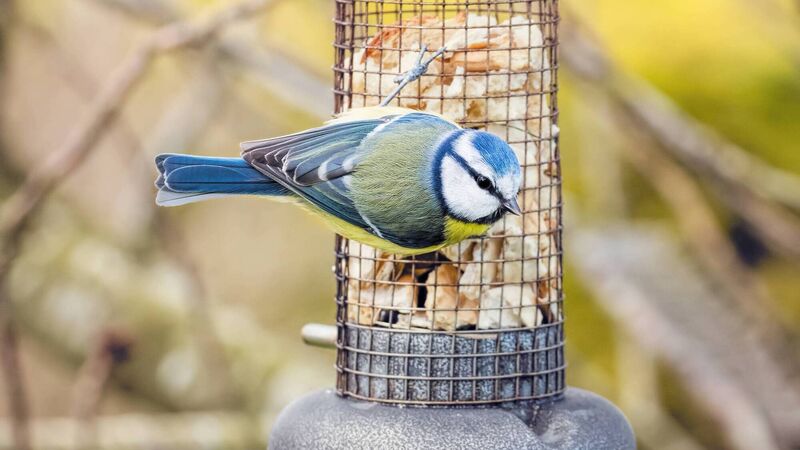
Niall Hatch of BirdWatch Ireland shares some tips to draw many species to your home
With spring in the air, there’s nothing nicer than hearing birdsong outside your window. Ireland is home to a broad variety of birds, from house sparrows to blue tits, and it is easy to attract them to your garden.
Supermarkets and garden centres offer a large variety of seeds that can attract birds, with peanuts, sunflower seeds and nyjer seeds among the most popular choices, as well as the wire or plastic feeders they can be placed into. Niall Hatch of BirdWatch Ireland says these seeds and feeding tools are great at drawing many species to your home. “These feeders can be suspended from tree branches or bird tables, where they prove extremely popular with such garden favourites as blue tits, greenfinches, chaffinches, goldfinches and siskins,” he says.




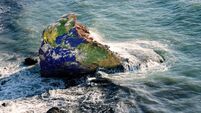
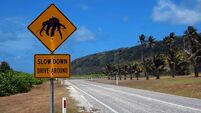
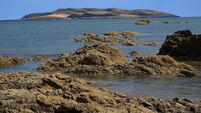
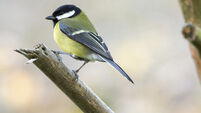
![<p> The International Union for the Conservation of Nature says that “an ecosystem is collapsed when it is virtually certain that its defining biotic [living] or abiotic [non-living] features are lost from all occurrences, and the characteristic native biota are no longer sustained”.</p> <p> The International Union for the Conservation of Nature says that “an ecosystem is collapsed when it is virtually certain that its defining biotic [living] or abiotic [non-living] features are lost from all occurrences, and the characteristic native biota are no longer sustained”.</p>](/cms_media/module_img/9930/4965053_13_augmentedSearch_iStock-1405109268.jpg)